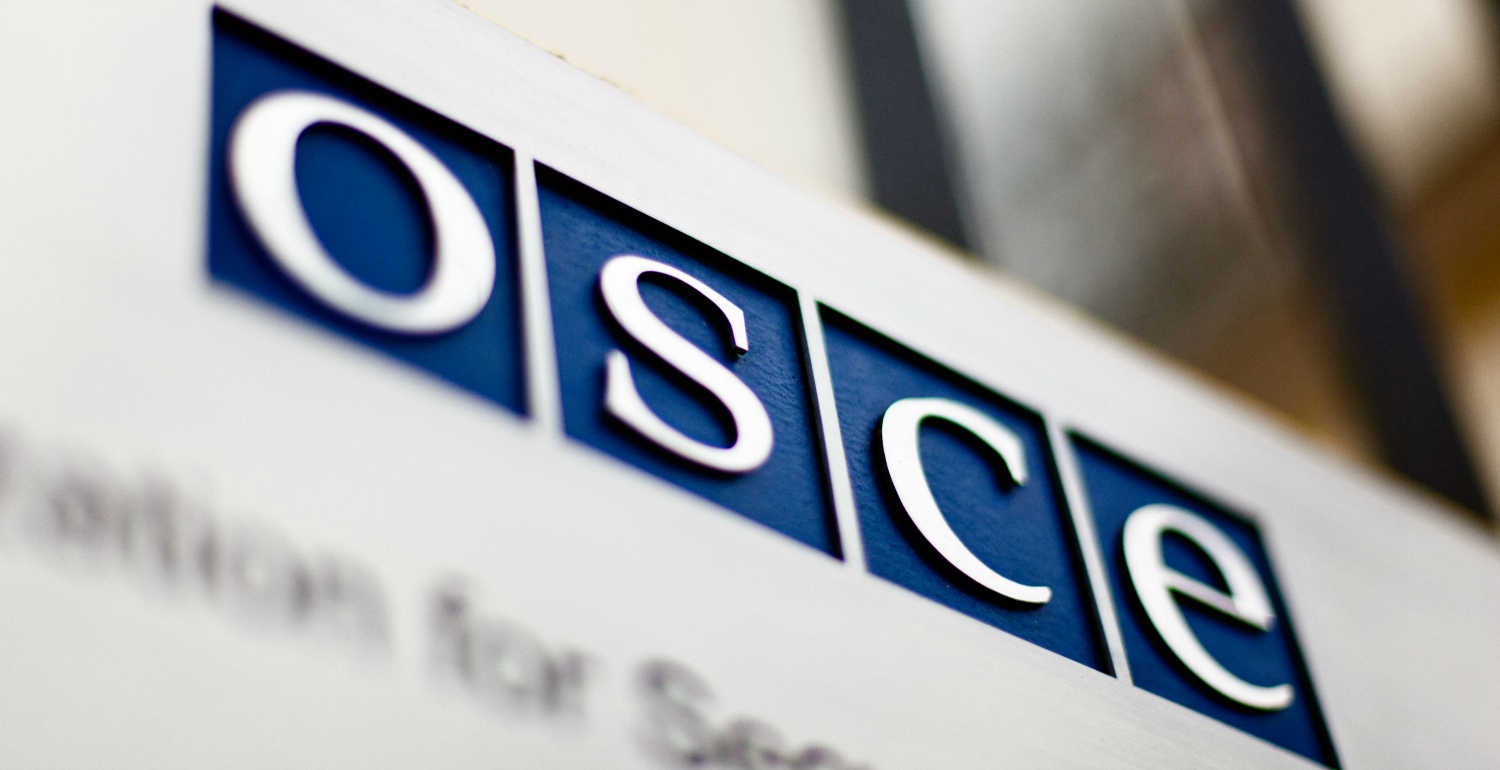The 57 participating States of the Organization for Security and Cooperation in Europe have repeatedly committed to recognizing and respecting freedom of religion or belief. The 35 participating States of the Conference on Security and Cooperation in Europe–the forerunner of the OSCE–signed the Helsinki Final Act of 1975, which included: “The participating States will recognize and respect the freedom of the individual to profess and practice, alone or in community with others, religion or belief acting in accordance with the dictates of his own conscience.”
The OSCE’s Office of Democratic Institutions and Human Rights has staff dedicated to freedom of religion or belief, led by a senior advisor. ODIHR legal reviews to help participating States comply with their OSCE commitments have included existing law and draft legislation on freedom of religion or belief. ODIHR only conducts such reviews after receiving a formal invitation from a participating State. A panel of OSCE/ODIHR experts on freedom of religion or belief assists OSCE/ODIHR, and the ODIHR director appoints the panel’s 14 members every three years.
This compilation, developed by Helsinki Commission staff, covers CSCE/OSCE commitments on freedom of religion or belief in 16 documents from the Final Act to the OSCE Ministerial Council in 2015. It includes the document title, excerpted text, and links to the original document. Participating States have also made commitments relating to discrimination or hate crimes base on religion or belief. Some examples are in “OSCE Human Dimension Commitments: Thematic Compilation.” This Helsinki Commission compilation only includes commitments on freedom of religion or belief. The Commission will update the compilation when new commitments on freedom of religion or belief are made.








